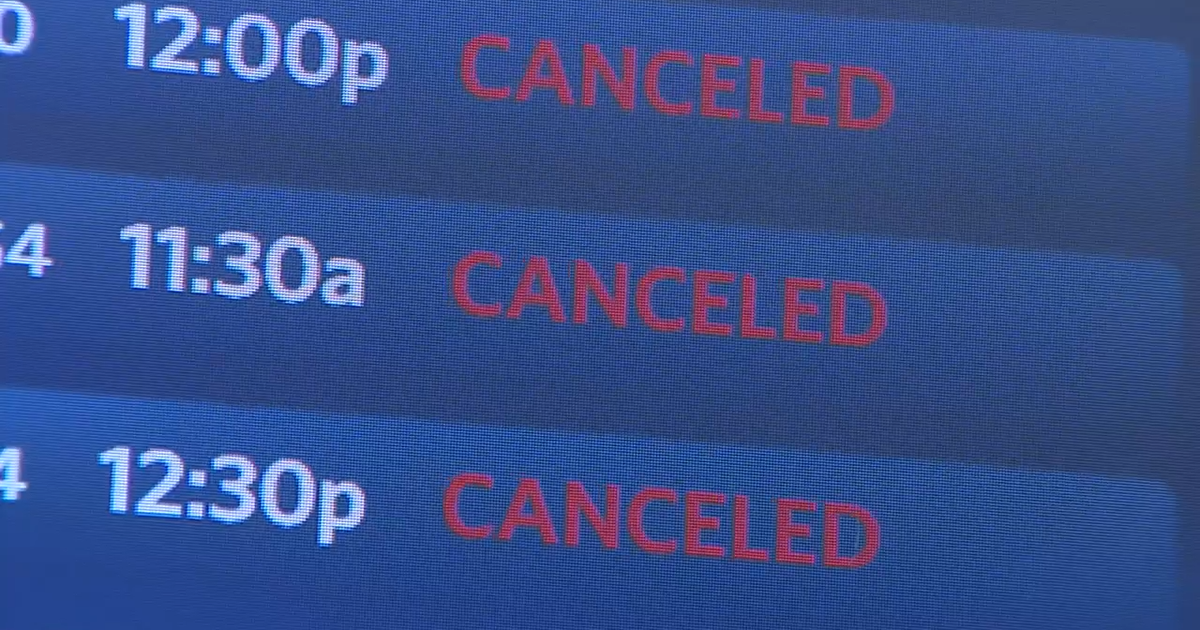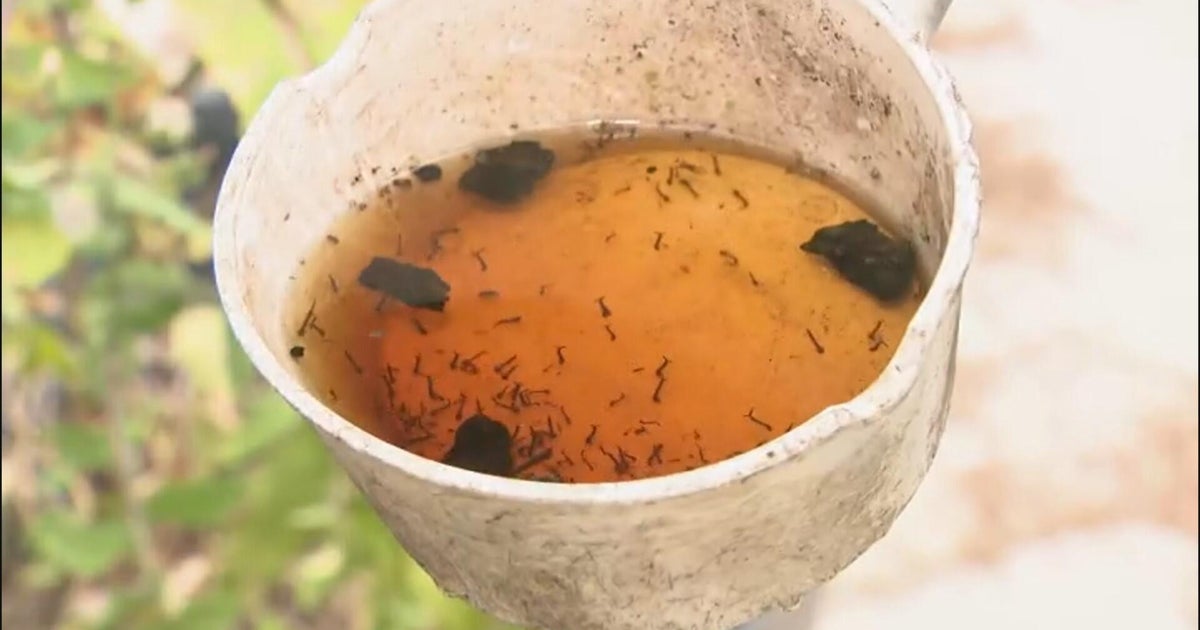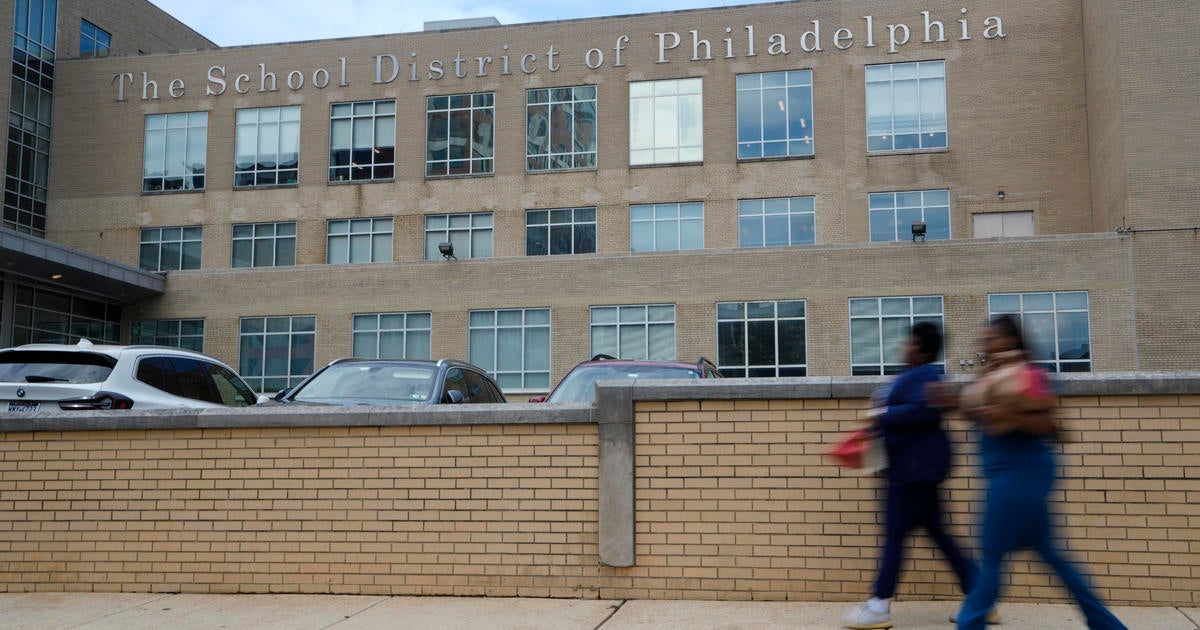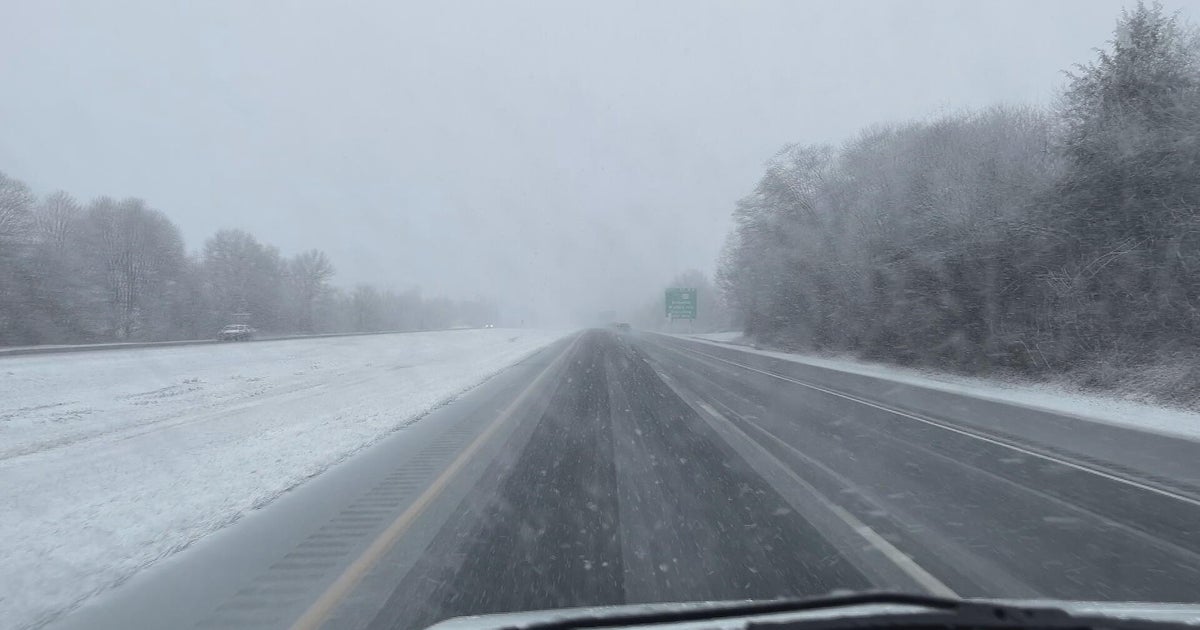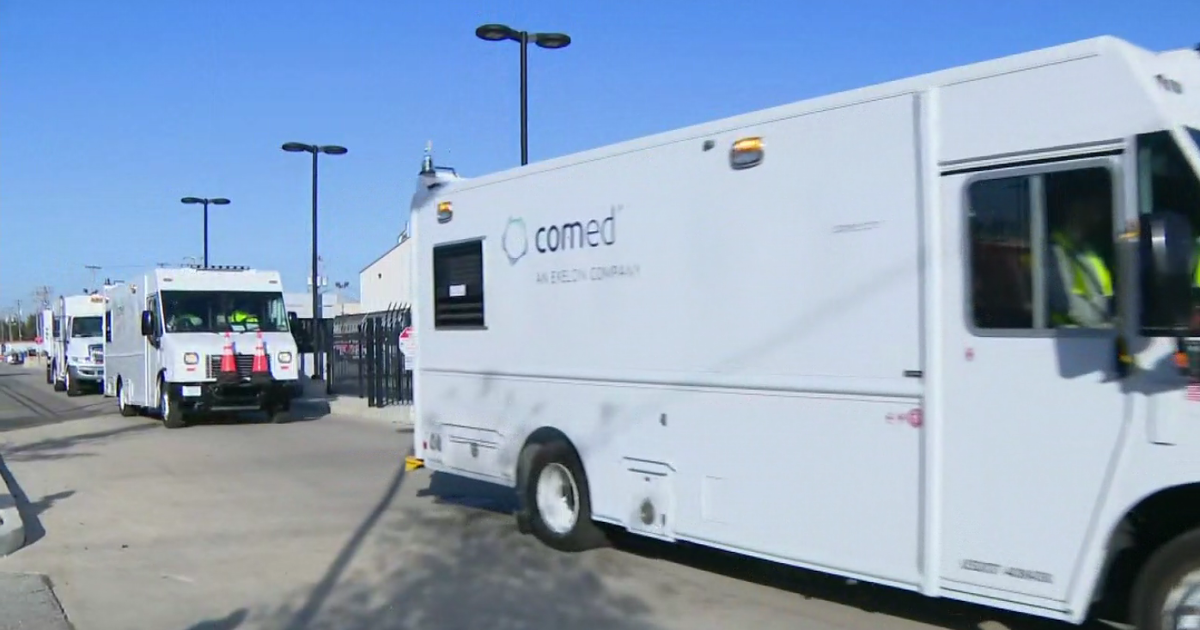Farms that haven't flooded from storms still facing harvesting challenges
SANTA CLARA COUNTY -- The recent storms have put a dent in the drought, but they've also flooded precious farmland, ruining mile after mile of crops across the state. But even at farms that didn't flood, they are still harvesting challenges.
Thanks to a much-needed assist from Mother Nature this year, Erin Gil's crops are faring quite well in the Santa Clara Valley. He grows cool-season grass.
"We've been doing this since 1969. This is one of the biggest years for rainfall that we've had," he said. "It's a savior for the state of California."
However, while the rain has helped his product, it's hindered his ability to harvest it.
"It is keeping us away from doing all of the things that we normally do," he said. "A long spell of rainfall means we're down for a long time without cash flow."
After years of drought in the region, the abundance of rain has been somewhat of a shock to the system, according to Jess Brown, the executive director of the Santa Clara County Farm Bureau.
"It's kind of an interesting dilemma, because everybody wanted the drought to be over, we wanted to recharge the groundwater, but it really is too much at one time," Brown said. "So, it's creating some production challenges."
While Gil has experienced some harvesting delays, there are other farmers who've had to push their overall timetables back. Flooding has forced some to delay planting. In some cases, farmers aren't sure of what their yields will look like.
"Some of them are predicting because of the wet soil that they might be planting in, the yield might not be as high as they've seen in the past," Brown said.
But despite the delays and challenges, Gil is grateful the persistent precipitation has pulled California out of the latest drought.
"Everybody here is anxious to go back to work, for sure, but we will not curse the rainfall that we've received. We embrace it," he said. "It's a whole different storyline right now."
He says now is the time to plan for future droughts. Something that is imperative to him? Improving water infrastructure.
"We should be planning for more disruption. And that means more water storage, more availability," he said. "We need to have water storage to go ahead and provide for the environment and the urban and agricultural areas that support a healthy society."


